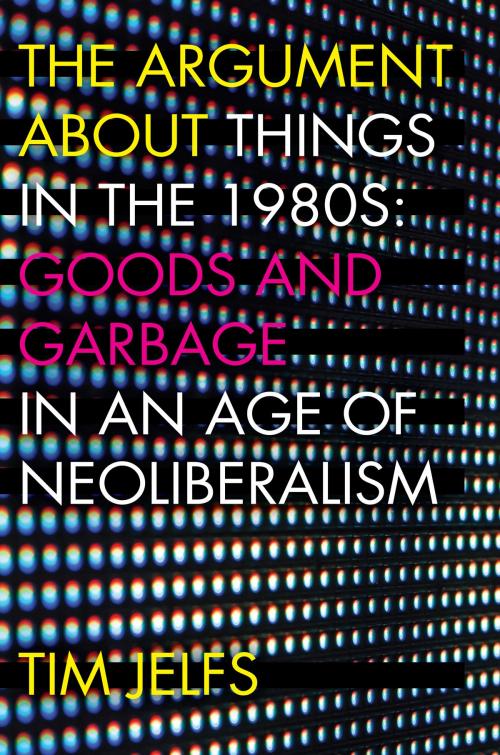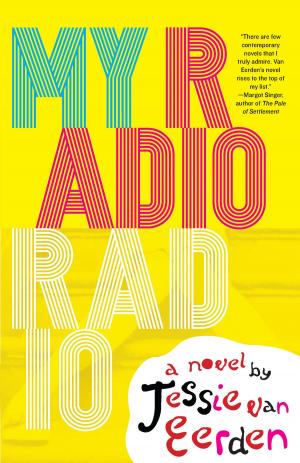The Argument about Things in the 1980s
Goods and Garbage in an Age of Neoliberalism
Nonfiction, Social & Cultural Studies, Social Science, Cultural Studies, Popular Culture, Fiction & Literature, Literary Theory & Criticism| Author: | Tim Jelfs | ISBN: | 9781946684257 |
| Publisher: | West Virginia University Press | Publication: | May 1, 2018 |
| Imprint: | West Virginia University Press | Language: | English |
| Author: | Tim Jelfs |
| ISBN: | 9781946684257 |
| Publisher: | West Virginia University Press |
| Publication: | May 1, 2018 |
| Imprint: | West Virginia University Press |
| Language: | English |
In the late 1970s, a Jeff Koons art exhibit featured mounted vacuum cleaners lit by fluorescent tube lighting and identified by their product names: New Hoover Quik Broom, New Hoover Celebrity IV. Raymond Carver published short stories such as “Are These Actual Miles?” that cataloged the furniture, portable air conditioners, and children’s bicycles in a family home. Some years later the garbage barge Mobro 4000 turned into an international scandal as it spent months at sea, unable to dump its trash as it was refused by port after port.
Tim Jelfs’s The Argument about Things in the 1980s considers all this and more in a broad study of the literature and culture of the “long 1980s.” It contributes to of-the-moment scholarly debate about material culture, high finance, and ecological degradation, shedding new light on the complex relationship between neoliberalism and cultural life.
In the late 1970s, a Jeff Koons art exhibit featured mounted vacuum cleaners lit by fluorescent tube lighting and identified by their product names: New Hoover Quik Broom, New Hoover Celebrity IV. Raymond Carver published short stories such as “Are These Actual Miles?” that cataloged the furniture, portable air conditioners, and children’s bicycles in a family home. Some years later the garbage barge Mobro 4000 turned into an international scandal as it spent months at sea, unable to dump its trash as it was refused by port after port.
Tim Jelfs’s The Argument about Things in the 1980s considers all this and more in a broad study of the literature and culture of the “long 1980s.” It contributes to of-the-moment scholarly debate about material culture, high finance, and ecological degradation, shedding new light on the complex relationship between neoliberalism and cultural life.















